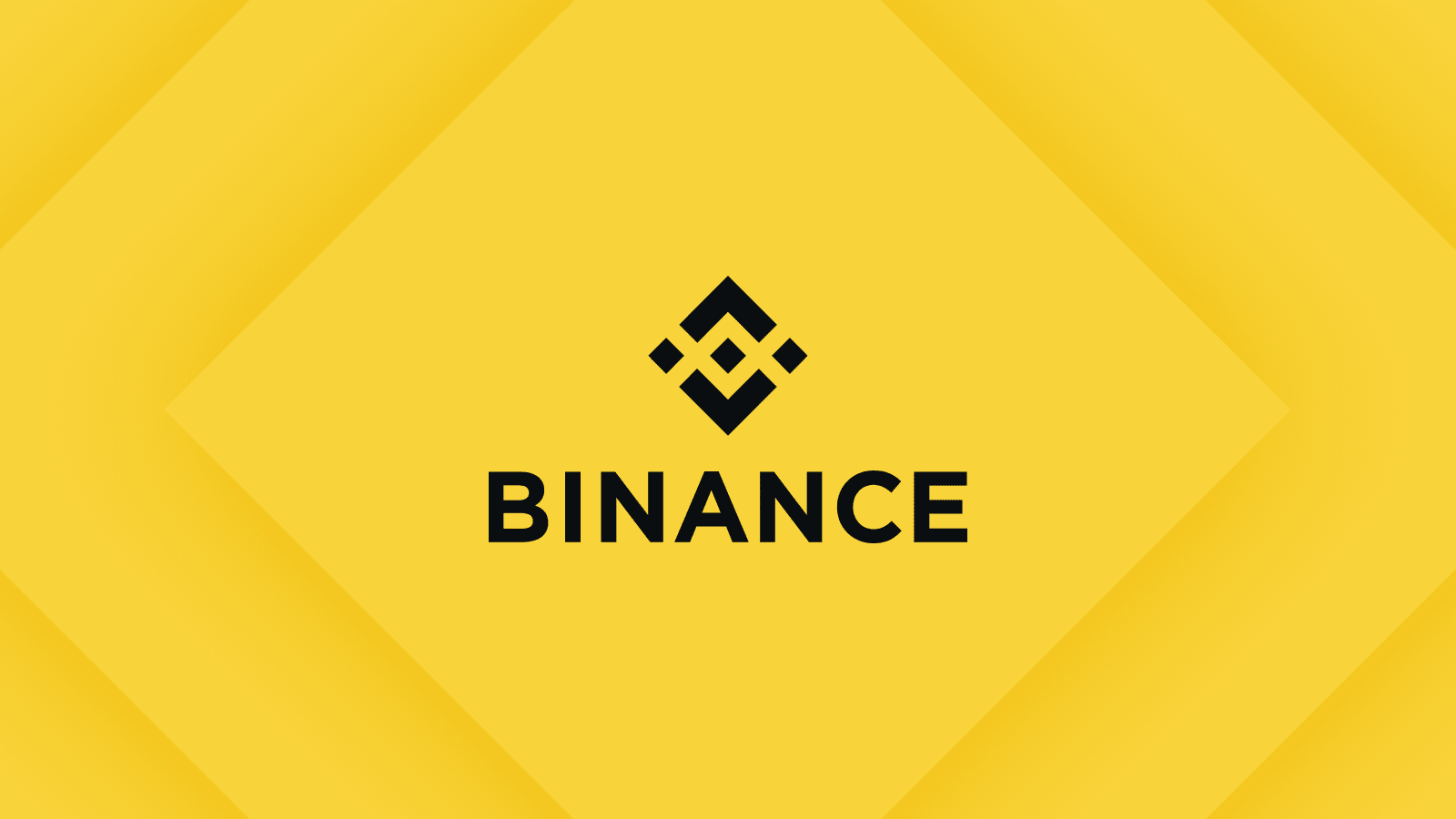Unregistered Operations by Binance in the Philippines
The Philippines Securities and Exchange Commission (SEC) has recently declared that Binance, a prominent cryptocurrency exchange, is operating in the country without proper registration. This revelation comes as part of an official announcement by the SEC. Binance has been found to engage in promotional activities on various social media channels, aiming to attract new customers.
Regulatory Requirements and Potential Penalties
In line with the Securities Regulation Code of the Philippines, any securities offered must be registered with the Philippine SEC. Additionally, the entity issuing these securities needs to be registered in the Philippines and must possess a secondary license to publicly sell securities. Binance’s failure to comply with these regulations puts it at risk of facing severe legal consequences. According to the SEC, the exchange could be subject to criminal charges, potentially incurring a maximum fine of five million pesos (approximately $92,282.03), up to twenty-one years of imprisonment, or both.
Warnings for Investors and Binance’s Troubled Waters
The Philippine SEC has issued a cautionary advisory to the public, urging them to be vigilant when investing through unregistered online platforms. This development adds to Binance’s ongoing difficulties. Recently, the exchange’s CEO, Changpeng Zhao (CZ), admitted to charges of non-compliance with money laundering laws in the US. As a part of the settlement, Binance agreed to pay a hefty fine of $4.3 billion, and CZ resigned from his position as the head of the company.
Uncertain Future and Cristiano Ronaldo’s Lawsuit
Binance’s next steps in the Philippines remain uncertain. The exchange has the option to either seek official registration to operate legally or withdraw from the Philippine market. This situation is further complicated by a lawsuit involving football icon Cristiano Ronaldo. Ronaldo is accused of promoting the exchange in its sale of unregistered securities, specifically through a partnership to launch a series of his own non-fungible tokens (NFTs).
